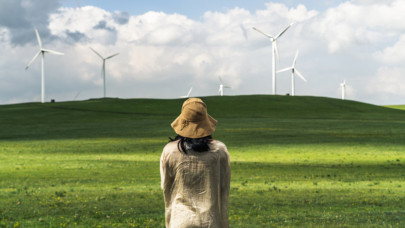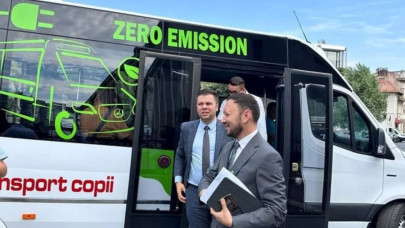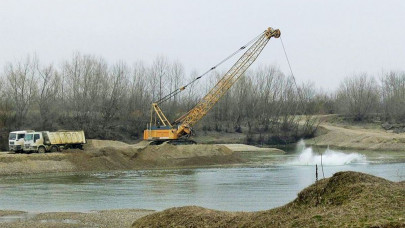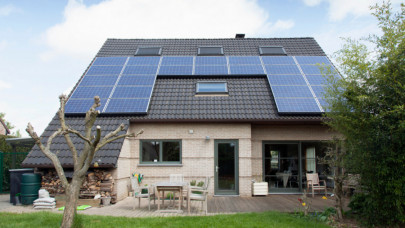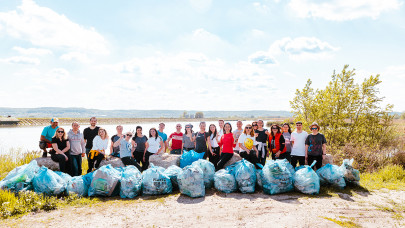"For Romania, biodiversity is of particular relevance, considering that approximately 23% of the country's surface is occupied by protected natural areas that are part of the Natura 2000 network. From the point of view of natural capital, Romania is one of the members states with a rich biological diversity not only in terms of species but also natural habitats and ecosystems. Biodiversity fundamentally underpins the benefits businesses derive from natural capital and supports key ecosystem functions that ensure business operations and productivity. Companies need to recognize that incorporating environmental and social concerns into business plans and processes is critical to lasting business success. Many of them now recognize the importance of analyzing, evaluating, and considering the impacts produced and their dependence on natural capital and ecosystem services. Taking responsibility for biodiversity and ecosystems, as well as the valuable services they provide, is an essential part of corporate social responsibility," says the Minister of Environment, Water and Forests.
Minister Barna Tánczos believes that cooperation between public and private entities and ensuring strong partnerships between different actors is one of the main elements that will contribute to the development of economic sectors to achieve the transition to a green, competitive, and sustainable economy. The involvement of the private sector is crucial.
"Dialogue between government institutions and all interested parties is an extremely important element in terms of harmonizing the legislative framework for establishing clear and concrete guidelines for the green transition. For example, Romania has developed a state aid scheme to financially support investments in recycling facilities. We considered that this consistent financial contribution, up to 8 million euros in each initial investment, would trigger better collection and sorting. Also, through the National Recovery and Resilience Plan, Romania has invested in over 600 public voluntary collection centres for all other types of recyclable/reusable waste that are not collected in the "door to door" system, the official said.
Important topics were on the agenda of the meeting, such as investments regarding ensuring the green transition, measures, and policies regarding competitive sustainability. There were also working sessions, attended by representatives of the business environment, the topics being:
- Conditions, incentives, and collaboration to overcome bottlenecks in the process of ensuring the ecological transition,
- Creating opportunities for the business community in halting and reversing biodiversity loss,
- Conditions for increasing material efficiency, circularity, and resilience,
- The future of European climate policies – combining actions to ensure climate neutrality with competitiveness and prosperity.


